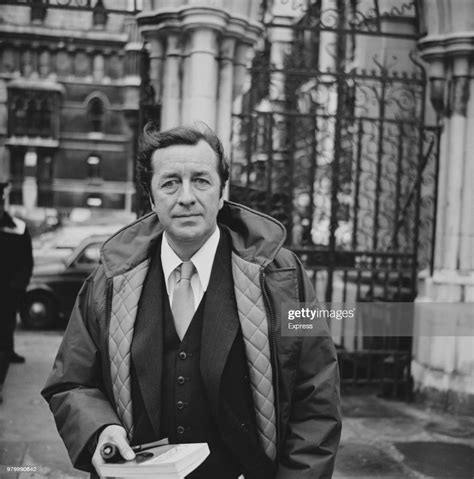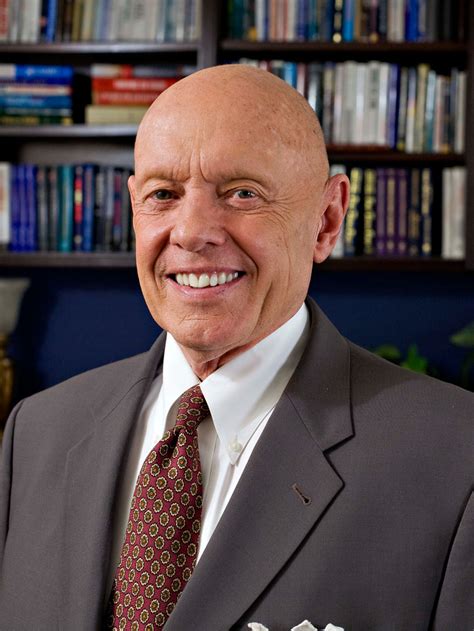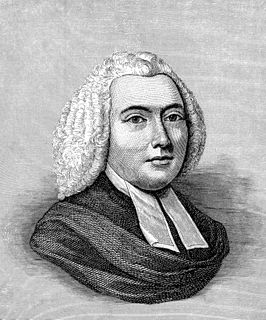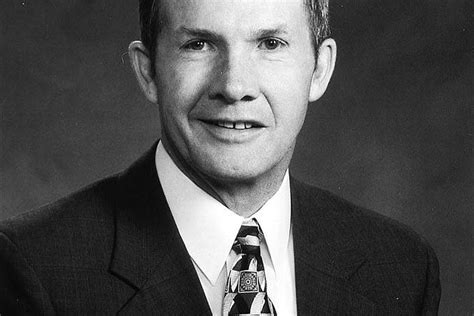A Quote by J. Hector St. John de Crevecoeur
He who governs himself according to what he calls his principles may be punished either by one party or the other for those very principles. He who proceeds without principle, as chance, timidity, or self-preservation directs, will not perhaps fare better; but he will be less blamed.
Related Quotes
There is nothing so bad or so good that you will not find Englishmen doing it; but you will never find an Englishman in the wrong. He does everything on principle. He fights you on patriotic principles; he robs you on business principles; he enslaves you on imperial principles; he bullies you on manly principles; he supports his king on loyal principles and cuts off his king's head on republican principles.
Without ambition one starts nothing. Without work one finishes nothing. The prize will not be sent to you. You have to win it. The man who knows how will always have a job. The man who also knows why will always be his boss. As to methods there may be a million and then some, but principles are few. The man who grasps principles can successfully select his own methods. The man who tries methods, ignoring principles, is sure to have trouble.
But this I know; the writer who possesses the creative gift owns something of which he is not always master--something that at times strangely wills and works for itself. He may lay down rules and devise principles, and to rules and principles it will perhaps for years lie in subjection; and then, haply without any warning of revolt, there comes a time when it will no longer consent.
Thomas More: Will, I'd trust you with my life. But not your principles. You see, we speak of being anchored to our principles. But if the weather turns nasty you up with an anchor and let it down where there's less wind, and the fishing's better. And "Look," we say, "look, I'm anchored! To my principles!
Our allegiance is to the principles always, and not to the persons. Persons are but the embodiments, the illustrations of the principles. If the principles are there, the persons will come by the thousands and millions. If the principle is safe, persons like Buddha will be born by the hundreds and thousands. But if the principle is lost and forgotten and the whole of national life tries to cling round a so-called historical person, woe unto that religion, danger unto that religion!
[My Book] will endeavour to establish the principle[s] of reasoning in ... [geology]; and all my geology will come in as illustration of my views of those principles, and as evidence strengthening the system necessarily arising out of the admission of such principles, which... are neither more nor less than that no causes whatever have from the earliest time to which we can look back, to the present, ever acted, but those now acting; and that they never acted with different degrees of energy from that which they now exert.
Honesty is a principle. Service is a principle. Love is a principle. Hard work is a principle. Respect, gratitude, moderation, fairness, integrity, loyalty, and responsibility are principles. There are dozens and dozens more. They are not hard to identify. Just as a compass always points to true north, your heart will recognize true principles.
A Christian should put away all defense and make no attempt to excuse himself either in his own eyes or before the Lord. Whoever defends himself will have himself for his defense, and he will have no other. But let him come defenseless before the Lord and he will have for his defender no less than God Himself.
Many of the most important principles of intelligence cannot by taught at universities, from books, or through other temporal learning processes. Often these great principles are learned from afflictions, tribulations, and other mortal experiences. All that we learn in this manner will benefit us not only in this life but also in the next, for 'whatever principle of intelligence we attain unto in this life, it will rise with us in the resurrection'.
What can be accomplished by a few principles is not effected by many. But it seems that everything we see in the world can be accounted for by other principles, supposing God did not exist. For all natural things can be reduced to one principle, which is nature, and all voluntary things can be reduced to one principle, which is human reason, or will. Therefore there is no need to suppose God's existence.
If you want to achieve your highest aspirations and overcome your greatest challenges, identify and apply the principle or natural law that governs the results you seek. How we apply a principle will vary greatly and will be determined by our unique strengths, talents, and creativity, but, ultimately, success in any endeavor is always derived from acting in harmony with the principles to which the success is tied.





































